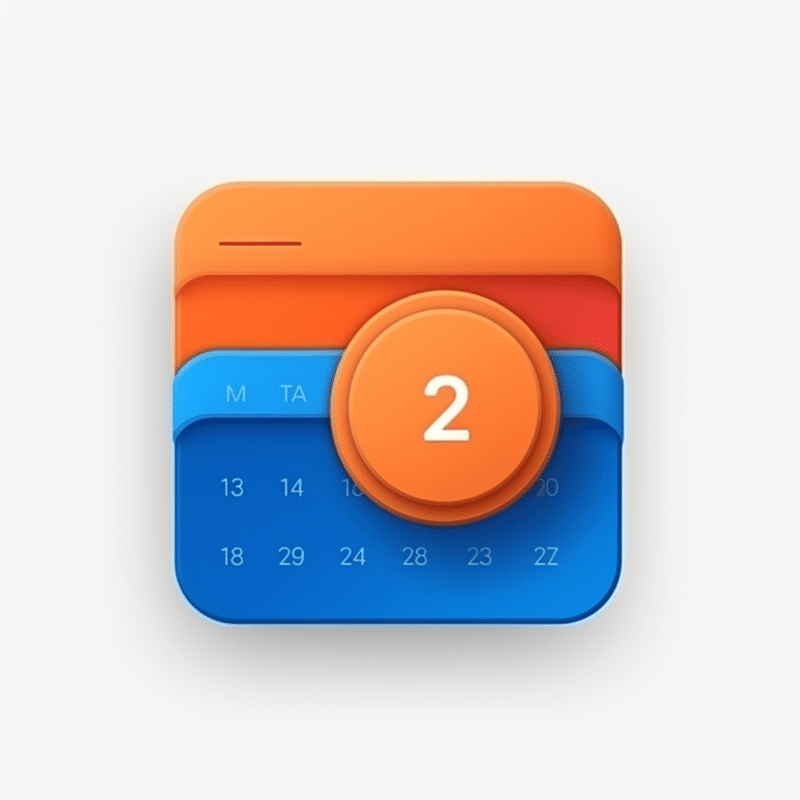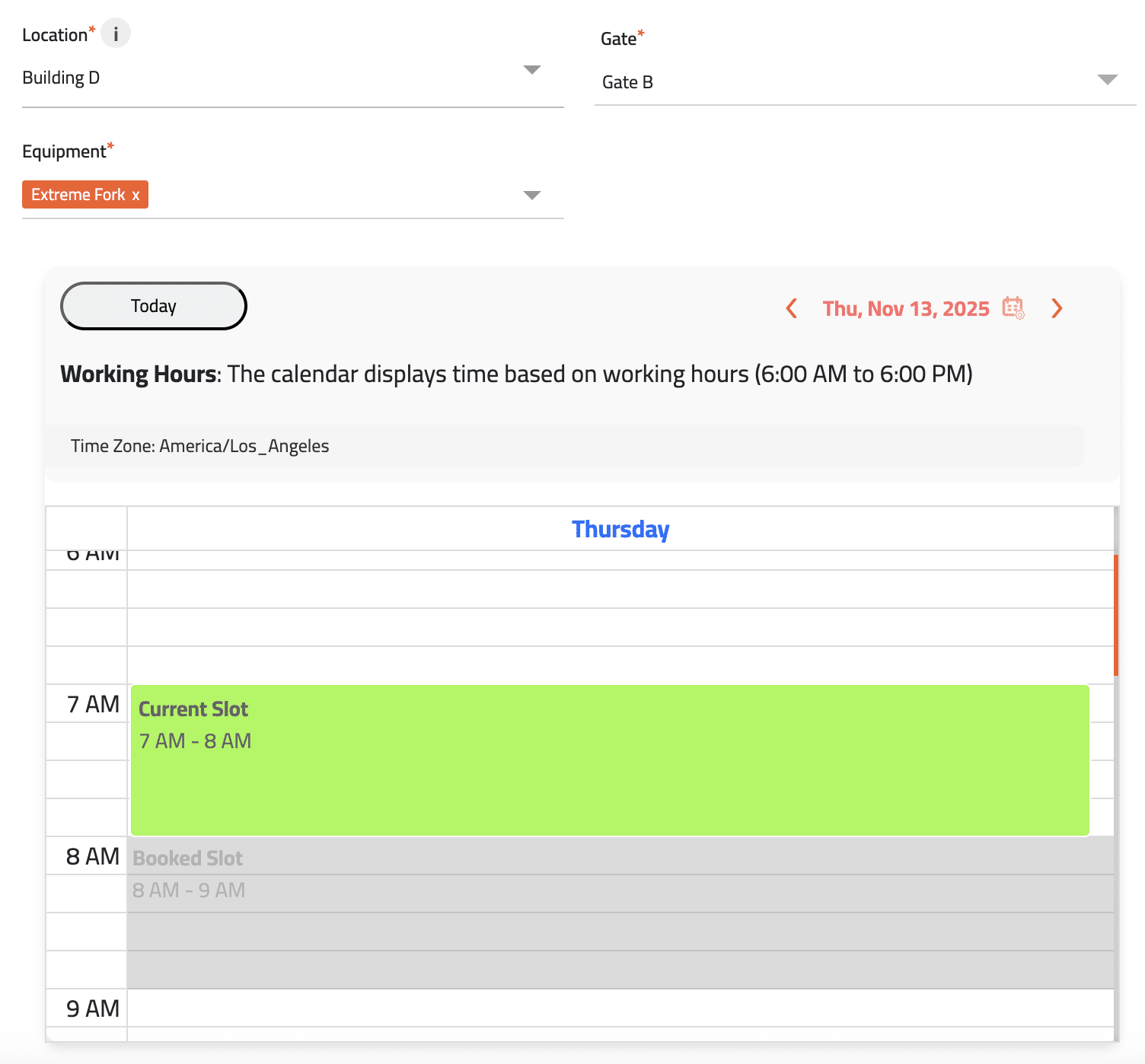Logistics management plays a crucial role in the success of any construction project. With numerous tasks, resources, and stakeholders involved, effective coordination and organization are essential. This is where a well-organized calendar comes into play. In this article, we will explore the significance of a well-organized calendar in navigating the complexities of logistics on a construction project.
Optimal Resource Allocation
A well-organized delivery calendar serves as a central hub for project teams to manage and allocate resources efficiently. By having a clear overview of resource availability, project managers can schedule tasks and allocate resources effectively. A well-organized calendar also helps prevent overbooking of equipment, gates, labor, or materials, reducing downtime and optimizing resource utilization. With the ability to view resource availability at a glance, project teams can make informed decisions and ensure that resources are utilized optimally throughout the project’s lifecycle.
Seamless Task Scheduling
Task scheduling is a critical aspect of logistics management on construction projects. A well-organized calendar provides project teams with a visual representation of the project timeline, allowing for seamless task scheduling. Project managers can assign start and end dates to tasks, identify dependencies, and allocate sufficient time for each activity. This level of organization ensures that tasks are executed in a logical sequence, reducing delays, and preventing bottlenecks. By streamlining task scheduling, a well-organized calendar promotes efficient workflow and keeps the project on track.
Collaboration and Communication
Effective collaboration and communication are essential for successful logistics management in construction projects. A well-organized calendar serves as a central platform for project teams to share project updates, deadlines, and milestones. With real-time access to the calendar, stakeholders can stay informed about project progress, task assignments, and changes in schedules. This level of transparency and collaboration minimizes miscommunication, enhances coordination among team members, subcontractors, and stakeholders, and ultimately improves the efficiency of logistics management.
Risk Mitigation and Problem-Solving
Logistics management involves mitigating risks and solving problems that may arise during the course of a construction project. A well-organized calendar plays a crucial role in identifying potential risks and providing a platform for proactive problem-solving. By monitoring task progress, resource allocation, and deadlines, project teams can anticipate challenges and take timely measures to address them. A well-organized calendar allows project managers to spot potential bottlenecks or delays in advance, enabling them to allocate additional resources, adjust schedules, or modify plans as needed to keep the project on track.

Navigating the complexities of logistics on a construction project requires a well-organized calendar as a foundational tool. Follo, a comprehensive construction management software, offers a solution that integrates all aspects of logistics management into a centralized, well-organized calendar. By utilizing Follo’s features, project teams can optimize resource allocation, streamline task scheduling, enhance collaboration and communication, and mitigate risks effectively.
A well-organized calendar provided by Follo serves as a valuable asset for project teams, enabling them to navigate the complexities of logistics with ease. By utilizing this powerful tool, construction projects can achieve efficient logistics management, improve productivity, and ensure the successful delivery of projects on time and within budget.


